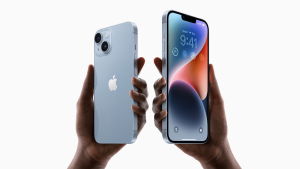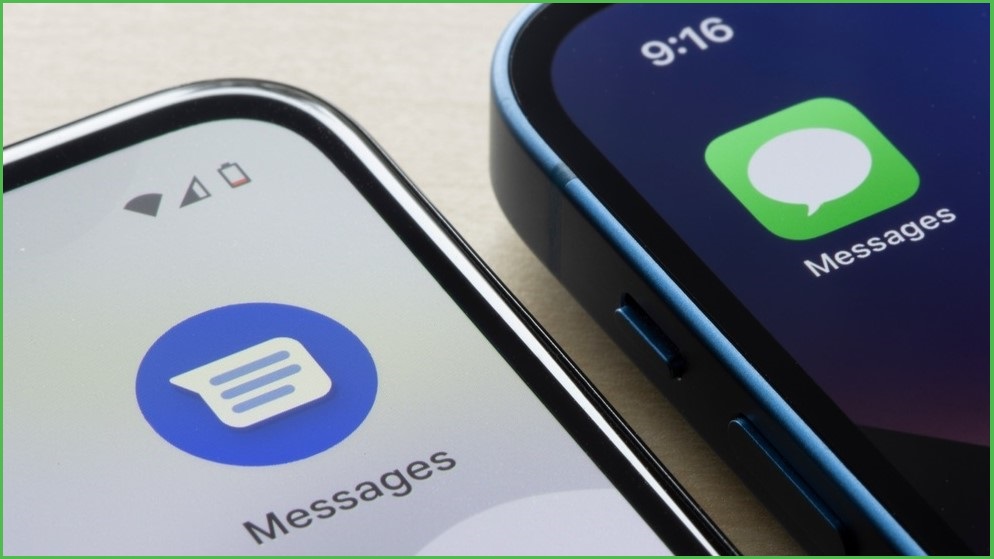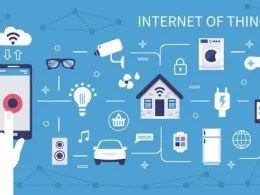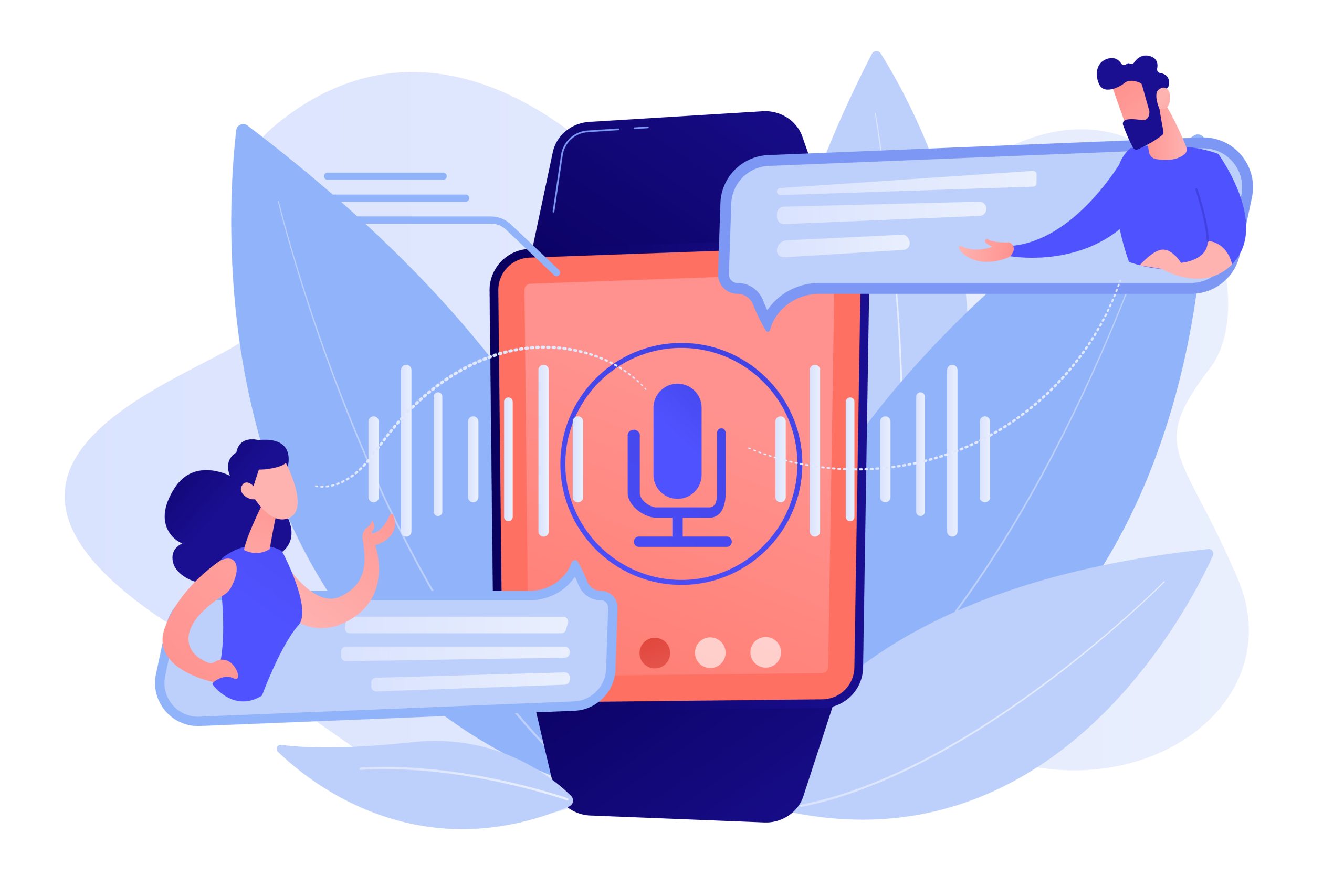Apple Breaks Barriers: iPhones Embrace RCS for Seamless Android Messaging
By Fred Wilson, TechRadar
Apple has finally announced that it will support RCS (Rich Communication Services) on its iPhones starting from 2024. This is a big news for both iPhone and Android users, as it will enable a better and more seamless texting experience across platforms. But what exactly is RCS, and why is it important?
What is RCS?
RCS is a new messaging standard that aims to replace the old and outdated SMS (Short Message Service) and MMS (Multimedia Messaging Service) protocols. SMS and MMS have been around since the 1980s and 1990s, respectively, and they have many limitations, such as low-resolution images, character limits, and lack of encryption.
RCS, on the other hand, offers many features that are similar to popular messaging apps like WhatsApp, Telegram, or iMessage. With RCS, you can send and receive high-quality photos, videos, GIFs, stickers, locations, and more. You can also see when someone is typing, when they have read your message, and when they are online. You can also chat over Wi-Fi or mobile data, without relying on a cellular signal.
RCS is not an app, but a protocol that works through the data network. It requires carrier support to work, which is why it has been slow to roll out globally. However, Google has been pushing for RCS adoption by working with carriers and phone makers, and by offering RCS chat features through its Android Messages app. As of November 2020, RCS is available to anyone using the Google Messages app on Android.
Why is Apple supporting RCS?
Apple has its own messaging system, iMessage, which is exclusive to iOS and Mac devices. iMessage is widely praised for its features, security, and integration with the Apple ecosystem. However, iMessage does not work well with Android devices, as it falls back to SMS or MMS when texting someone who does not have an iPhone. This results in a poor and inconsistent experience, especially when sharing media or group chatting.
By supporting RCS, Apple is acknowledging the need for better interoperability and compatibility with Android devices. This will benefit both iPhone and Android users, as they will be able to enjoy a richer and more seamless texting experience, regardless of the platform they are using. RCS will also offer a better alternative to SMS or MMS, which are not secure or reliable.
However, this does not mean that Apple is bringing iMessage to Android, or that it is abandoning its own messaging system. iMessage will still remain as the default and preferred messaging option for Apple users, and it will still have some features that RCS does not, such as end-to-end encryption, message editing, and iMessage games. RCS will only kick in when texting someone who does not have iMessage, and who has RCS enabled on their end.
What are the benefits and challenges of RCS?
RCS has many benefits for users, carriers, and businesses. For users, RCS will improve the quality and functionality of texting, making it more enjoyable and engaging. Users will also be able to switch between devices and carriers without losing their chat history or settings, as RCS is cloud-based and universal.
For carriers, RCS will help them retain and attract customers, as they will be able to offer a more competitive and modern messaging service. Carriers will also be able to monetize RCS by offering value-added services, such as chatbots, coupons, and payments.
For businesses, RCS will open up new opportunities for marketing, customer service, and e-commerce. Businesses will be able to communicate with customers more effectively and efficiently, using rich media, interactive elements, and analytics. Businesses will also be able to leverage RCS to create more personalized and engaging experiences, such as booking appointments, making reservations, or ordering products.
However, RCS also faces some challenges and limitations. One of the main challenges is the lack of universal adoption and support. While RCS is supported by most Android devices and carriers, it is still not available on iPhones and some other platforms. This creates fragmentation and confusion among users, who may not know if they have RCS or not, or if they can use it with their contacts or not.
Another challenge is the lack of end-to-end encryption. Unlike iMessage, WhatsApp, or Signal, RCS does not encrypt messages from end to end, meaning that they can be intercepted or accessed by third parties, such as carriers, governments, or hackers. This raises privacy and security concerns, especially for sensitive or personal communications.
Apple has said that it will work with the GSM Association, the organization that oversees the RCS standard, to add end-to-end encryption to RCS. However, this may take time and may face resistance from some carriers or regulators, who may want to retain access to RCS messages for legal or commercial reasons.

How to use RCS on iPhone and Android?
To use RCS on iPhone, you will have to wait until 2024, when Apple will roll out the feature as part of an iOS update. You will also need a carrier that supports RCS, and a contact who has RCS enabled on their end. You will be able to use RCS through the Messages app, just like you use iMessage or SMS. However, RCS chats may look different from iMessage chats, such as having a different color or icon.
To use RCS on Android, you will need a phone that supports RCS, and the Google Messages app as your default texting app. You will also need a carrier that supports RCS, and a contact who has RCS enabled on their end. You can download the Google Messages app from the Google Play Store, and enable RCS chat features in the settings. You will be able to use RCS through the Google Messages app, just like you use SMS or MMS. However, RCS chats will look different from SMS or MMS chats, such as having a blue bubble or a chat icon.
Conclusion
RCS is a new messaging standard that aims to improve and enhance texting across platforms. It offers many features that are similar to popular messaging apps, such as high-quality media, read receipts, typing indicators, and more. Apple has announced that it will support RCS on its iPhones starting from 2024, joining Google and other Android phone makers. This will benefit both iPhone and Android users, as they will be able to text each other more seamlessly and enjoyably. However, RCS still faces some challenges and limitations, such as the lack of universal adoption, support, and encryption. RCS is not a replacement for iMessage or other messaging apps, but rather a complement and an upgrade to SMS or MMS.










